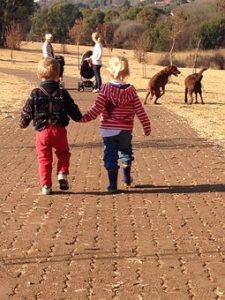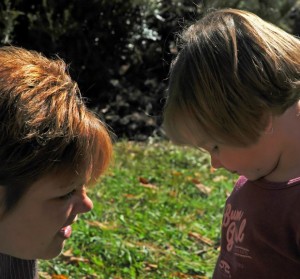Do your long-term wishes for kids include being happy and having friends? From an early age, we need to make developing social skills a priority for kids.

More and more we are finding out the huge impact that social skills are having on children. So much so, that children’s social skills will even influence their academic success. We’ve only just because to stretch our minds into accepting emotions being a big part of learning. That makes sense. After all, who can learn at an optimum level when scared, anxious, and nervous? But now, we have to get our minds around give and take and group skills being a factor in learning too! It’s not easy being parents and educators as it is, without having more to think about.
Having priorities can make life a little easier. We don’t have to work on everything. Using the values that are important to you, you can choose where to place your time and effort for your child.
One basic social skill is taking turns. In the case of any conversation, ’my turn-your turn’ is critical. When it comes to relationships, this back-and-forth is key. To help kids develop this skill, take advantage of times during the day. Each conversation you have with your child or anyone else will involve taking turns. Roll a ball back and forth to each other, or go outside and kick one. When kids are ready, throw and catch. As kids play with friends, they will practice taking turns and sharing.
Developing social skills a priority for kids would also include acceptable ways to show anger and resolve problems. For this, any problem solving activities are helpful; how to get two trains to go different directions on the track, how to get the block tower higher before falling, how to get the eraser out of the fireplace. (That was a real problem that took several people’s problem-solving suggestions.) Of course, there are solutions like taking turns, setting a timer, and sharing equally that work over and over.
Being able to show feelings in a healthy and acceptable way also involves much over and over. Adults often remind kids to use words and it’s okay to be upset but not okay to hurt. Very often, kids do not have the language to say they are frustrated and unhappy. Self-control may not be the issue so much as communication. Kids may need our support for both concerns.

In an article on how kindergarten play can shape choices throughout life, Director of PlayLabNYU Jennifer Astuto advises, “Young children’s first social blueprint is the early childhood classroom setting….” I agree with the article’s focus on the importance of play, but would suggest that the family is the “first social blueprint.” The social skills children develop at home before they ever get to school will influence and shape them. That is why we need to think developing social skills a priority for kids. What are your thoughts?
